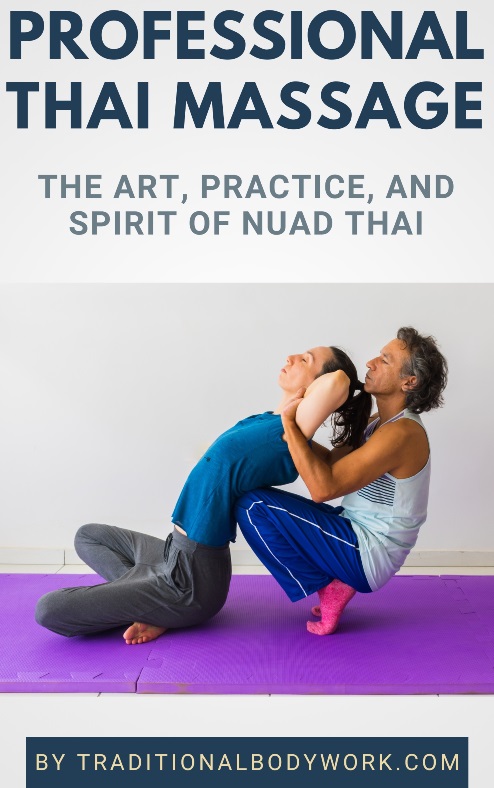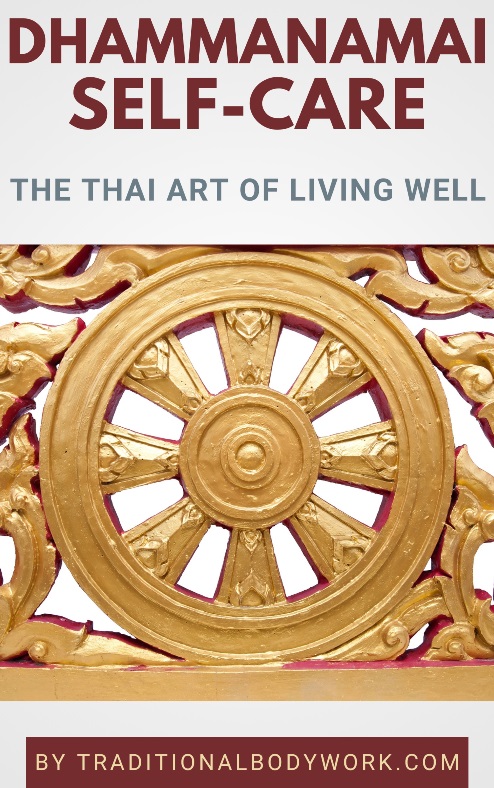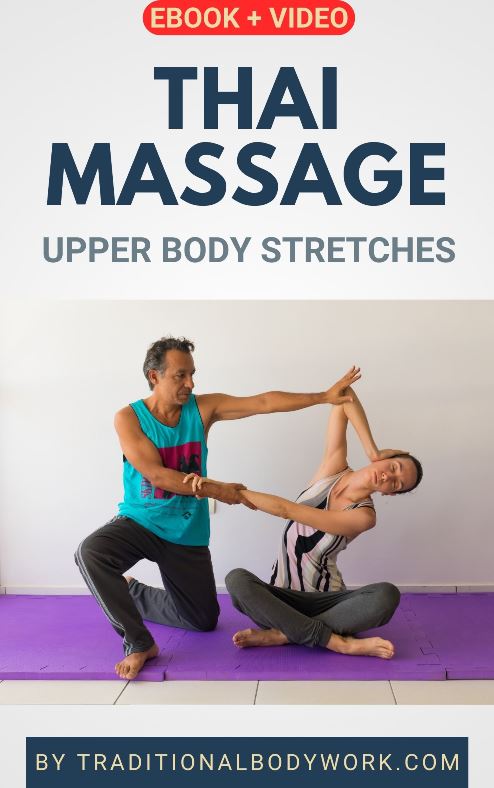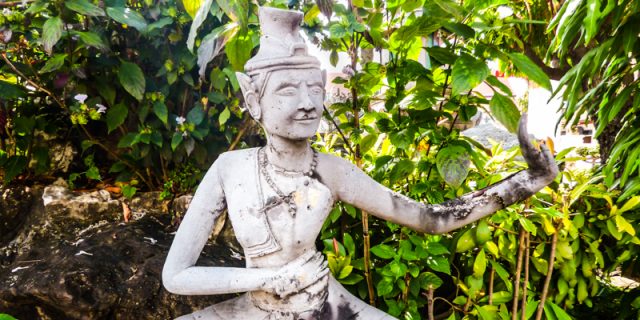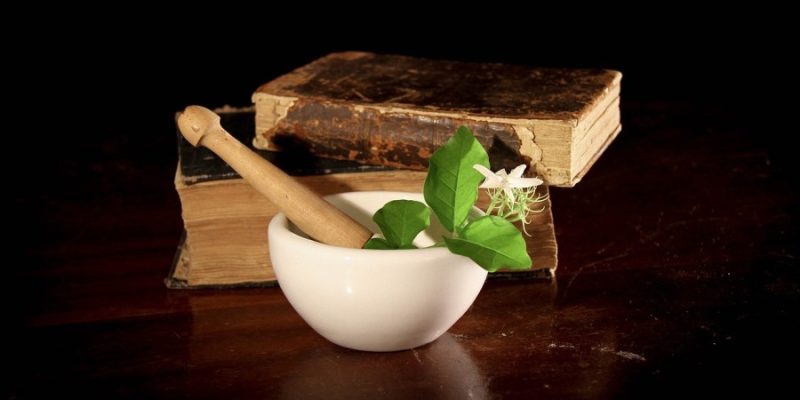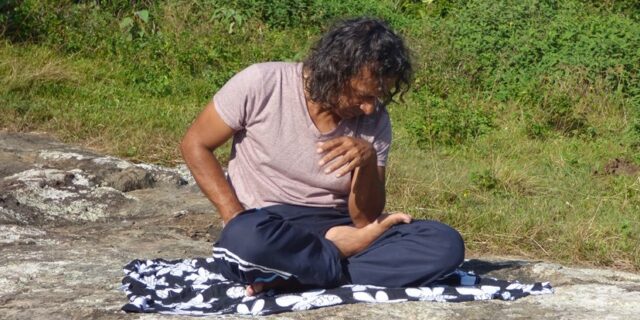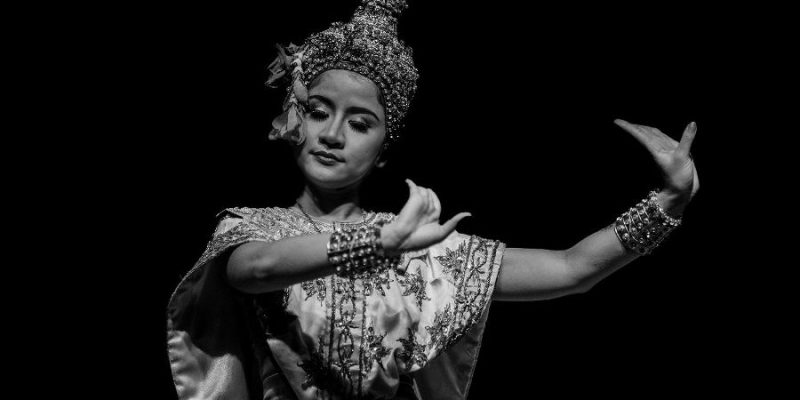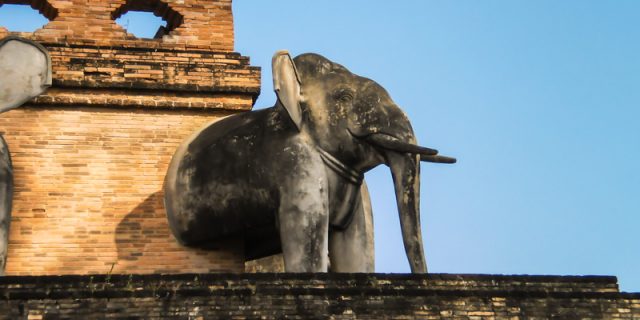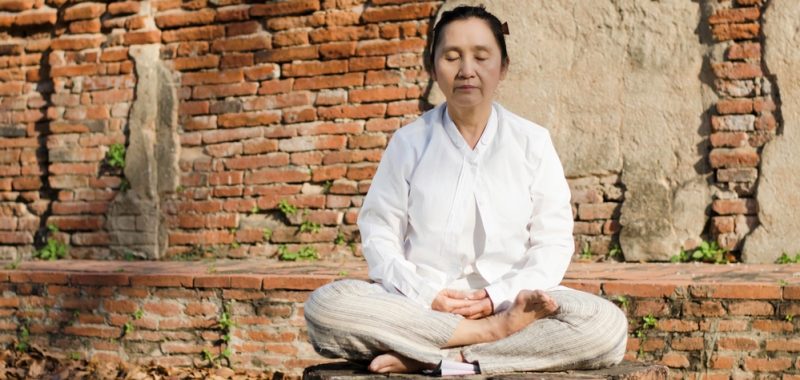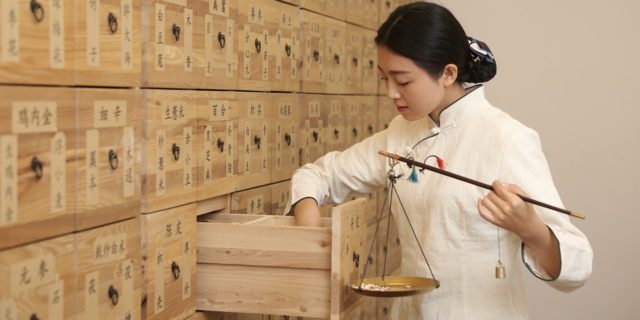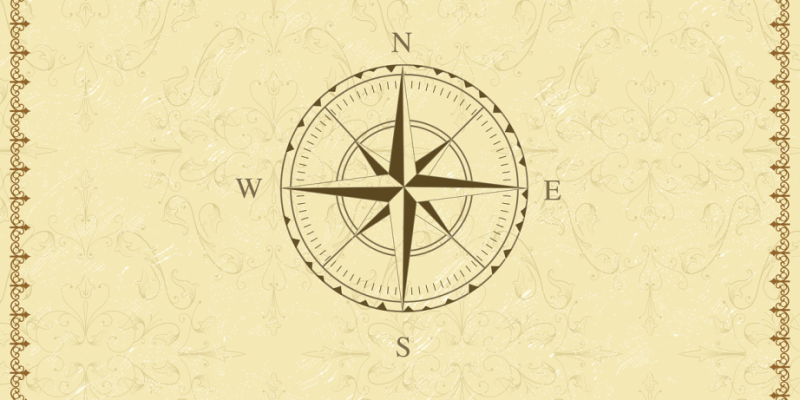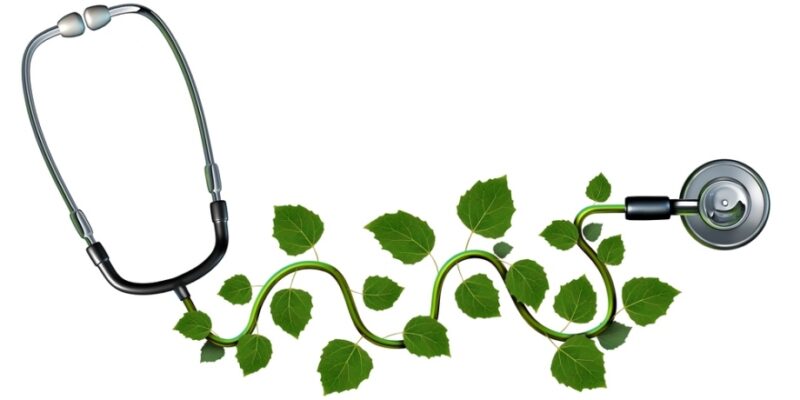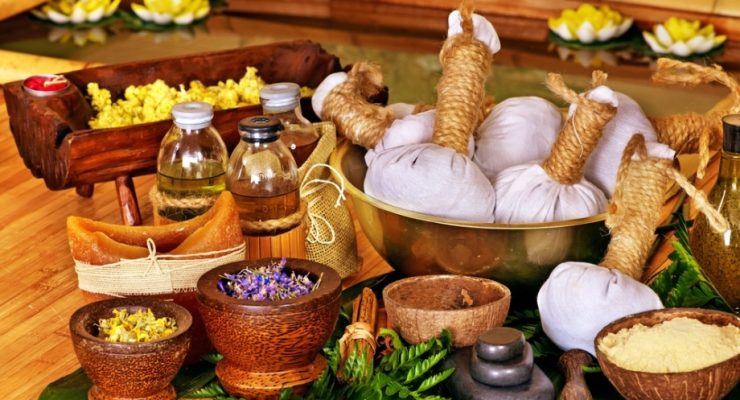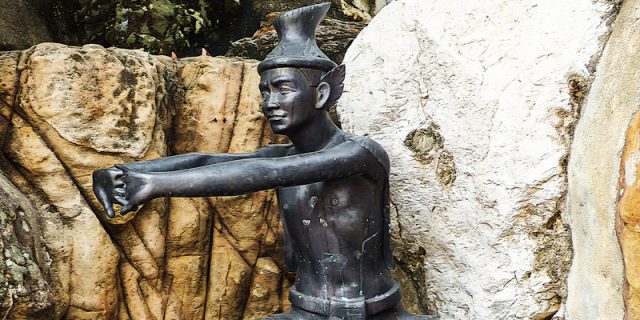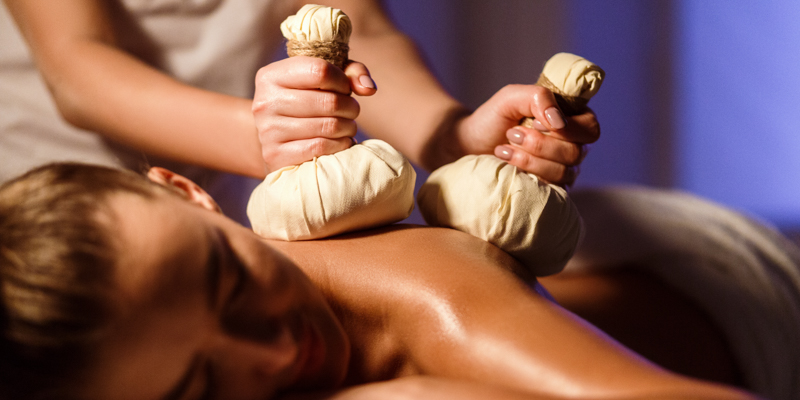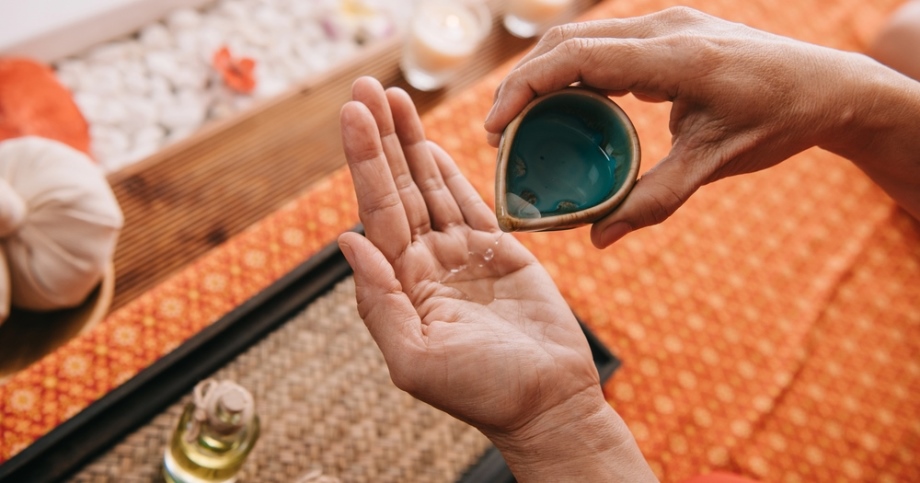
In official governmental descriptions of the traditional Thai Healing Arts you will often see that a distinction is made between Traditional Thai Medicine (TTM), Thai Indigenous Medicine, and Thai Alternative Medicine.
But what exactly is meant by Thai Indigenous Medicine?

In the 2009 Statue on National Health System, Thai Indigenous Medicine (TIM) — also called Folk Medicine or Rural Medicine — is defined as “Health care which is based on knowledge accumulated, transferred, and developed over time specific to and corresponding with the local community’s culture, customs, traditions, and the resources of the community, and is accepted by the said community.”
By contrast, one could say that TTM is a (nationally) regulated medical system that evolved from knowledge of the ancient cultures of India (Buddhism, Hinduism, and Ayurveda) and China (Traditional Chinese Medicine), but that TIM is a medical system closely related to local superstitious beliefs, community’s ways of life, ethnic groups, and local cultures, specific to each locality and group (within regions ranging from Northern Thailand to the deep South of the country), which sometimes even predates the arrival of the Thai people (or actually: T’ai people) in the region of what today is called Thailand.
Yet, it’s important to realize that TTM itself — which is considered of a more empirical-rational character than TIM — also developed through influences of TIM practices, just as parts of TTM have now been integrated in TIM practices of local communities. In addition, both the TTM and TIM systems include magical components in their healing practices, but in TIM this is rather about (superstitious) beliefs in animistic supernatural powers and healing through magic words and incantation powers, which in TTM is usually connected to the supernatural powers of Buddhist and Hindu beliefs.
In TIM, the use of medicinal herbs tend to only embrace locally available plants and herbs together with rituals of giving sacred offerings to local spirits of the village through verbal language and cultural symbols as well as through strong community participation in the healing process.
In addition, knowledge of Indigenous Medicine is mainly passed on from generation to generation in a community through direct experience and learning by doing. The Indigenous Healers or Folk Healers grow up in the local culture and have absorbed the feelings, faiths, thinking methods, language, symbol and ritual mediums of the community, including the experience in supernatural phenomena which also gives their practices a cosmic perspective.
The above is somewhat different compared to TTM, which can be studied on a more generalized national level, is regulated by the Thai government, and practiced by specialized traditional medicine physicians and practitioners, while using the language and symbolic systems transmitted from the ancient civilizations of India and China.
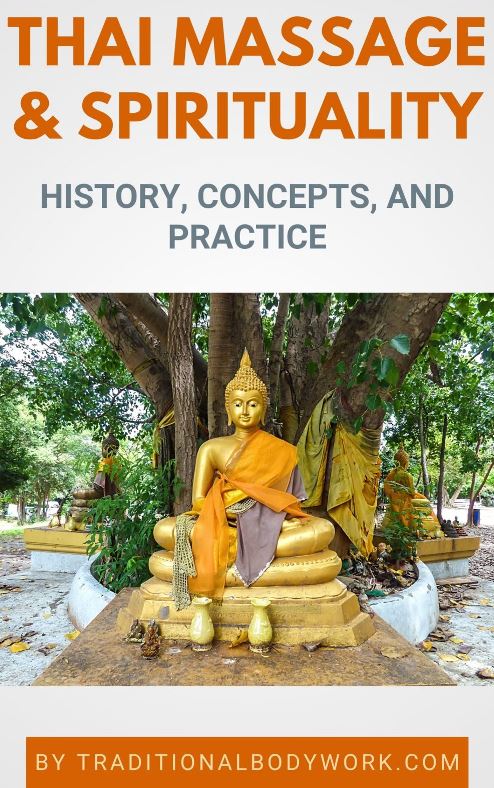
Although acknowledged in Thailand as valuable wisdom, local Indigenous Medicine is under threat because of the lack of knowledge transmission to new generations who often no longer have interest in the practice, the lack of formal teaching systems, training, and educational institutions, widespread suspicion against traditional medicines, not to talk of traditional communities and natural environments being endangered in their existence which increasingly has led to the loss of both knowledge and natural recourses (indigenous plants, fruits, herbs, wildlife, etc.).
In view of the above, the Thai government has taken it as its task to develop the strength and participation of local communities, local government organizations, and academic institutions in the locality to promote and support the utilization and development of TIM.
That is, programs have been developed to support and promote the status and capacities of indigenous medical practitioners, promote the passing on of traditions, encourage young people to appreciate the value of indigenous medical practitioners and maintain community traditions, and create a system of knowledge management, research, and development of TIM.
All this is aimed to add to the existing traditional medical knowledge of Thailand and accordingly to utilize it for health care of local communities and more in general also for all Thai people. Nevertheless, it has been proven to be an incredibly difficult task because Western Medicine has become the accepted and mainstream form of medicine in Thailand, and both TTM and TIM are often seen as unreliable, unscientific, and sometimes even as outright dangerous for health.



